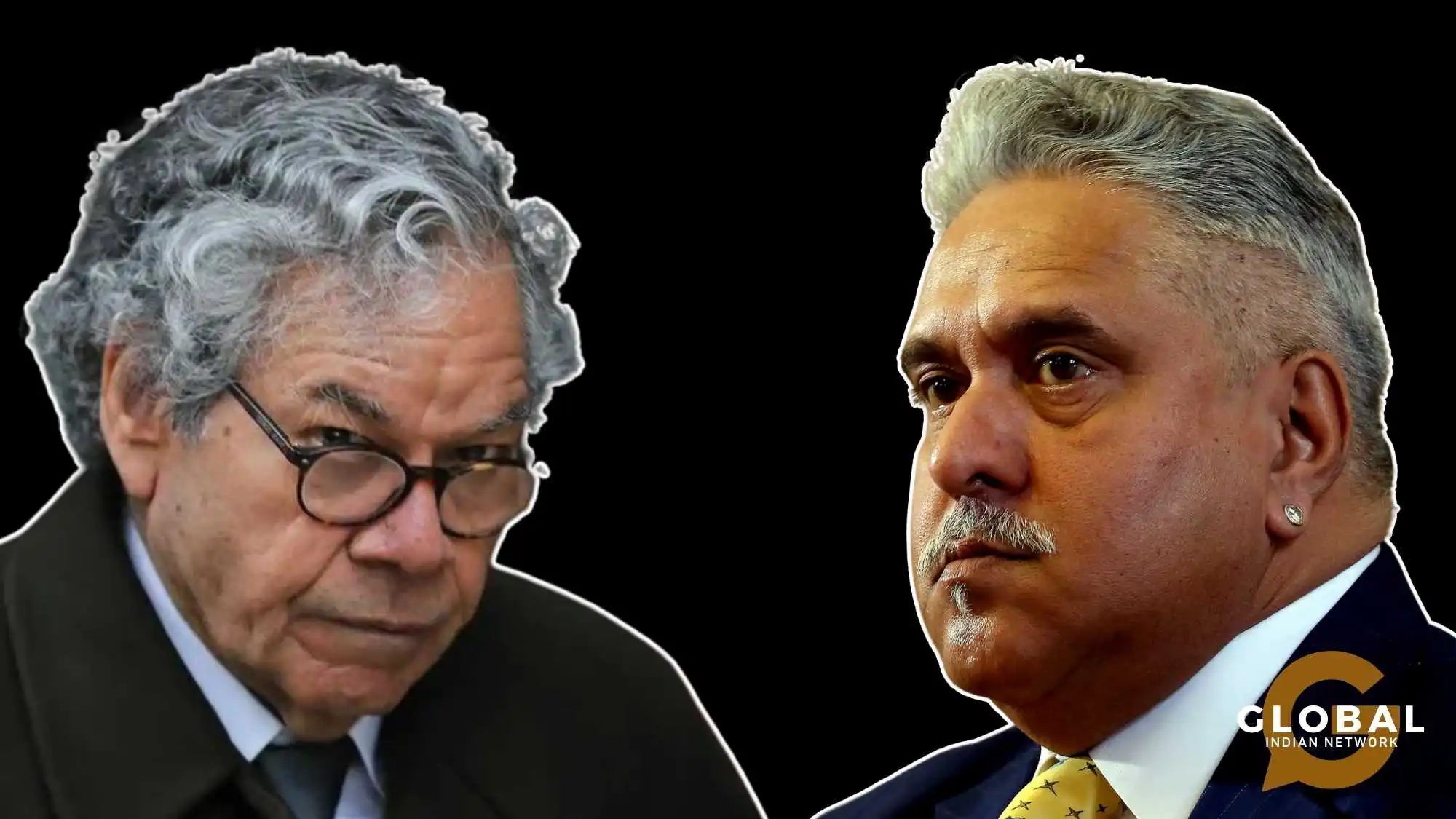It's tempting to solely blame a country's system or government when things go wrong. But in the shadows often lurk individuals whose greed and manipulative actions are the true catalysts for disaster. These so-called 'supervillains' prioritise personal gain over public well-being, leaving a trail of destruction in their wake.
John Kapoor
John Kapoor, the founder of Insys Therapeutics, once symbolised innovation in the pharmaceutical industry. However, his legacy took a dark turn as his ambition became synonymous with the opioid crisis in the United States. Kapoor's company, driven by a relentless pursuit of profit, conducted a scheme to incentivise doctors to prescribe Subsys, a powerful opioid painkiller containing fentanyl, even to patients who did not require such potent medication.
The consequences were dire, contributing to the opioid epidemic that ravaged communities across the United States. Addiction and overdose deaths became rampant, leaving behind a trail of devastated families and communities. Kapoor's conviction in 2019 on charges of racketeering conspiracy and his subsequent 66-month prison sentence marked a significant moment for justice. Yet, the scars of his actions persist, serving as a chilling reminder of the devastating impact of unscrupulous practices within the pharmaceutical industry. The legacy of John Kapoor is a poisoned well that continues to affect the American healthcare landscape, prompting reflection on the need for ethical pharmaceutical practices and robust regulatory oversight.
John Kapoor, convicted in 2020 for racketeering conspiracy and related charges, has recently been released from prison in June 2023 due to health concerns. Despite serving part of his 66-month sentence, Kapoor now faces potential civil lawsuits from victims and families affected by the devastating opioid crisis that unfolded as a result of his actions.
Vijay Mallya
Once the charismatic face of Kingfisher Airlines and the United Breweries Group, Vijay Mallya epitomised the "King of Good Times." His empire spanned beer, aviation, and a lavish lifestyle that captured the imagination of many. However, beneath the veneer of glamour lurked a tale of financial mismanagement, reckless ambition, and the erosion of public trust.
Kingfisher Airlines' collapse left behind unpaid loans amounting to billions and shattered livelihoods. When confronted with legal repercussions, Mallya fled India, becoming a fugitive from justice. Mallya's escape to the United Kingdom triggered a prolonged extradition process involving diplomatic negotiations and legal battles. In 2020, the UK High Court upheld the decision to extradite Mallya to India, marking a significant development in the pursuit of justice.
The business tycoon is currently entangled in legal complexities. Facing extradition requests from India for charges related to bank fraud and money laundering linked to the collapse of Kingfisher Airlines, Mallya remains in the UK. He continues to fight extradition, appealing a UK court's 2022 decision that approved the Indian request. Additionally, Mallya faces contempt of court charges in India in connection to a separate legal matter, adding further layers to his ongoing legal challenges.
Lalit Modi
Lalit Modi, the maverick behind the creation of the Indian Premier League (IPL), changed the landscape of cricket, turning it into a billion-dollar spectacle. Modi's audacious vision and entrepreneurial spirit birthed a sporting phenomenon, but with success came allegations of financial irregularities, corruption, and conflicts of interest.
Modi's rise to power within the Board of Control for Cricket in India (BCCI) led to the creation of the IPL, transforming the cricketing world. However, accusations of rigging bids, facilitating secret deals, and engaging in money laundering tarnished his legacy. Banned for life by the BCCI in 2010, Modi faced a protracted legal battle, leaving his reputation in tatters.
His story is cautionary for those entrusted with power within high-profile organisations. The IPL, while a sporting success, faced challenges of corruption and governance.
Lalit Modi encountered a ban for life from the Board of Control for Cricket in India (BCCI) in 2013. The ban resulted from financial irregularities tied to IPL contracts and bidding processes. Currently residing in London, Modi is still immersed in legal disputes related to the IPL and financial allegations. While no criminal charges have been pursued, civil claims linger in some instances, contributing to the unresolved legal landscape surrounding his activities.
Mehul Choksi
Mehul Choksi, a prominent figure in the Indian diamond industry and former owner of the Gitanjali Group, emerged as a central figure in one of India's most significant financial frauds—the Punjab National Bank (PNB) scam. Accused alongside his nephew, Nirav Modi, Choksi played a pivotal role in defrauding PNB of billions through fraudulent letters of undertaking.
Choksi's escape from India and subsequent acquisition of citizenship in Antigua highlighted the challenges of addressing financial crimes that transcend national borders. Accused of money laundering, criminal conspiracy, and fraud, Choksi's legal battles continue to unfold.
Choksi's current status involves being released on bail in Dominica amid an ongoing legal battle over Indian extradition requests. In addition to the charges related to the PNB fraud, he faces accusations of forgery and cheating in India, further complicating his legal predicament.
The stories of these supervillains are far from over. Legal proceedings remain ongoing, and their ultimate fates are yet to be written. However, by understanding their charges, current situations, and the broader lessons they offer, we can strive towards building a more ethical and responsible business landscape where success is not defined by unchecked ambition but by integrity, accountability, and the well-being of society as a whole.
They are supervillains because their actions symbolise the dark side of ambition, exploiting power for personal gain and leaving lasting scars on industries, economies, and the lives of those affected.










[…] into the extraordinary creation of "The Egoist," the world's most costly teapot, by British-Indian Billionaire Nirmal Sethia. What drove him to make a teapot worth $3 million? Go along with us on this journey […]
[…] controversy with accusations of CIP fund misuse and lax oversight, coupled with the high-profile Mehul Choksi debacle that remains […]